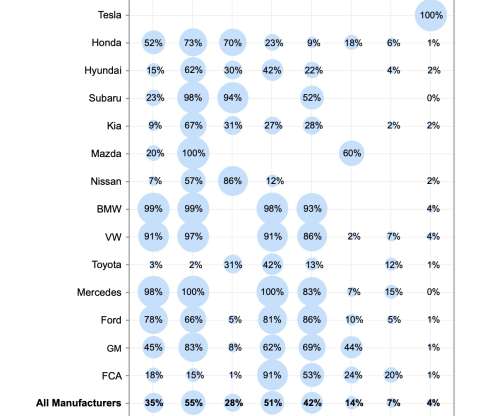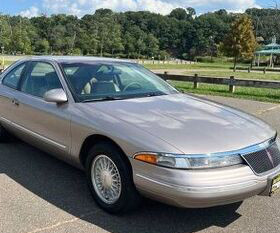EPA: preliminary data show average fuel economy of new light-duty vehicles reached a record high of 25.7 MPG in 2020
Green Car Congress
MARCH 16, 2021
Preliminary data in EPA’s 2020 Automotive Trends Report shows average fuel economy for model year 2020 light-duty vehicles increased to 25.7 If this preliminary data holds, that will be a new record high for average new light-duty vehicle fuel economy. From 2005–2020 average fuel economy rose by 29%.





























Let's personalize your content